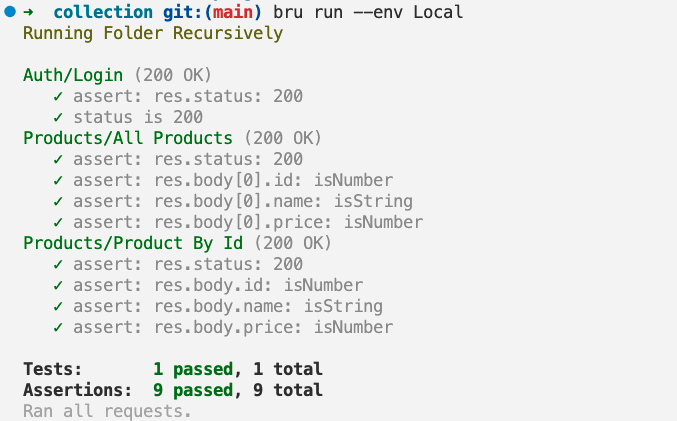* [Feature] : Settings on folder level (#1334) * feat(folder_settings): enable settings tab from folder, currently not using folder.bru * feat(folder_settings): read and write in folder settings only in headers, ignore folder.bru file il requests list * feat(folder_settings): merge collection and folder settings when sending network request * feat(folder_settings): remove console, testing headers merging working fine * feat(folder_settings): add missing endl for prettier check, remove redundant imports --------- Co-authored-by: Baptiste POULAIN <baptistepoulain@MAC882.local> Co-authored-by: Anoop M D <anoop.md1421@gmail.com> * feat: folder level scripts and tests * feat: folder level variables (#2530) --------- Co-authored-by: Baptiste Poulain <64689165+bpoulaindev@users.noreply.github.com> Co-authored-by: Baptiste POULAIN <baptistepoulain@MAC882.local> Co-authored-by: lohit <lohit.jiddimani@gmail.com> |
||
|---|---|---|
| .. | ||
| assets/images | ||
| bin | ||
| examples | ||
| src | ||
| tests | ||
| .gitignore | ||
| changelog.md | ||
| license.md | ||
| package.json | ||
| readme.md | ||
bruno-cli
With Bruno CLI, you can now run your API collections with ease using simple command line commands.
This makes it easier to test your APIs in different environments, automate your testing process, and integrate your API tests with your continuous integration and deployment workflows.
Installation
To install the Bruno CLI, use the node package manager of your choice, such as NPM:
npm install -g @usebruno/cli
Getting started
Navigate to the directory where your API collection resides, and then run:
bru run
This command will run all the requests in your collection. You can also run a single request by specifying its filename:
bru run request.bru
Or run all requests in a collection's subfolder:
bru run folder
If you need to use an environment, you can specify it with the --env option:
bru run folder --env Local
If you need to collect the results of your API tests, you can specify the --output option:
bru run folder --output results.json
If you need to run a set of requests that connect to peers with both publicly and privately signed certificates respectively, you can add private CA certificates via the --cacert option. By default, these certificates will be used in addition to the default truststore:
bru run folder --cacert myCustomCA.pem
If you need to limit the trusted CA to a specified set when validating the request peer, provide them via --cacert and in addition use --ignore-truststore to disable the default truststore:
bru run request.bru --cacert myCustomCA.pem --ignore-truststore
Scripting
Bruno cli returns the following exit status codes:
0-- execution successful1-- an assertion, test, or request in the executed collection failed2-- the specified output directory does not exist3-- the request chain seems to loop endlessly4-- bru was called outside of a colection root directory5-- the specified input file does not exist6-- the specified environment does not exist7-- the environment override was not a string or object8-- an environment override is malformed9-- an invalid output format was requested255-- another error occured
Demo
Support
If you encounter any issues or have any feedback or suggestions, please raise them on our GitHub repository
Thank you for using Bruno CLI!
Changelog
See https://github.com/usebruno/bruno/releases
